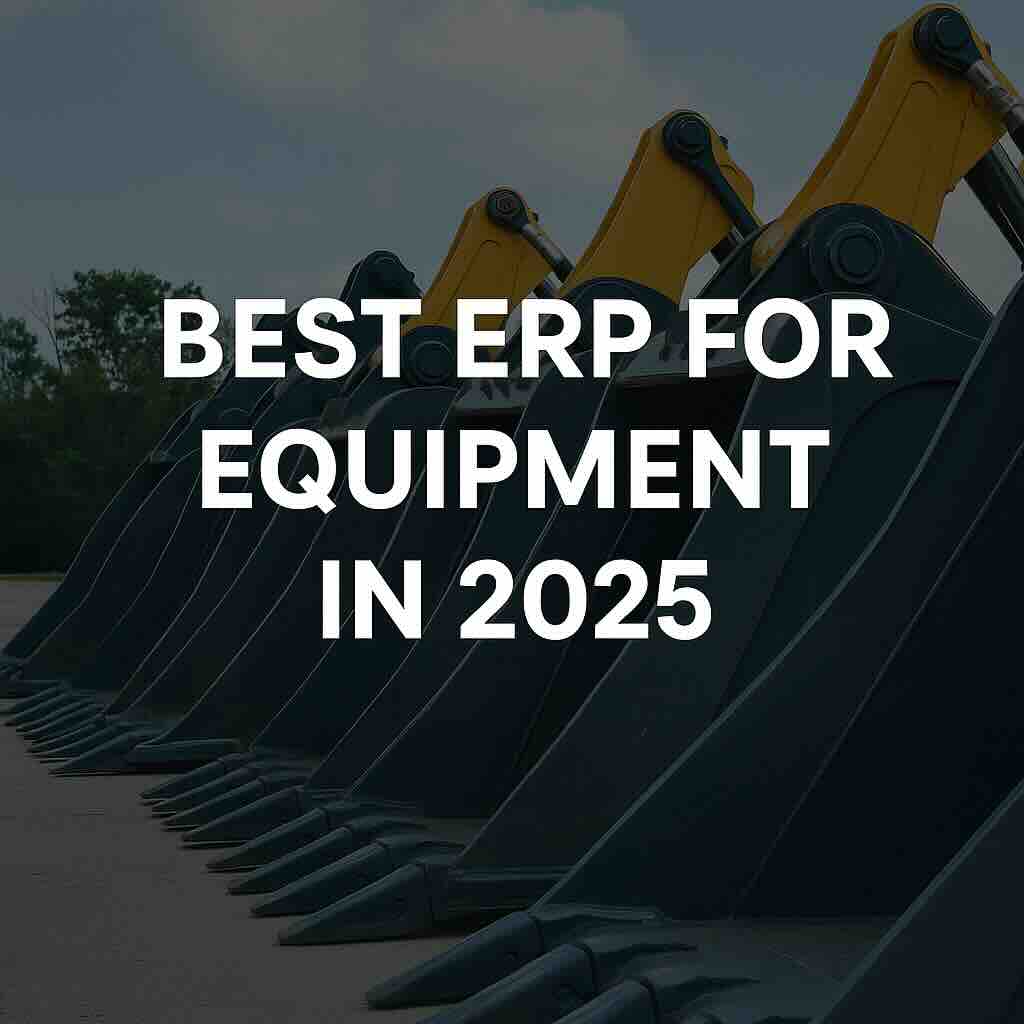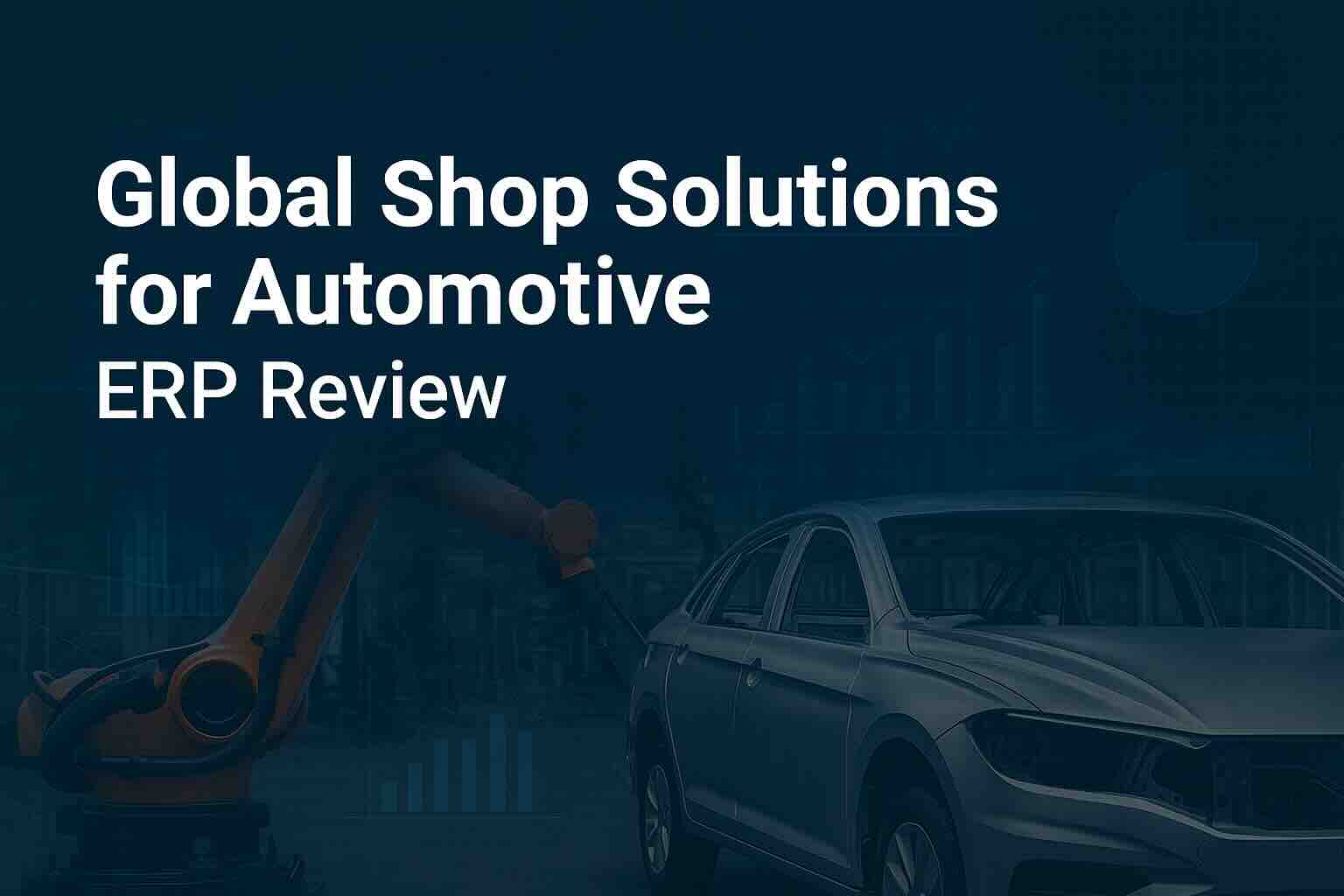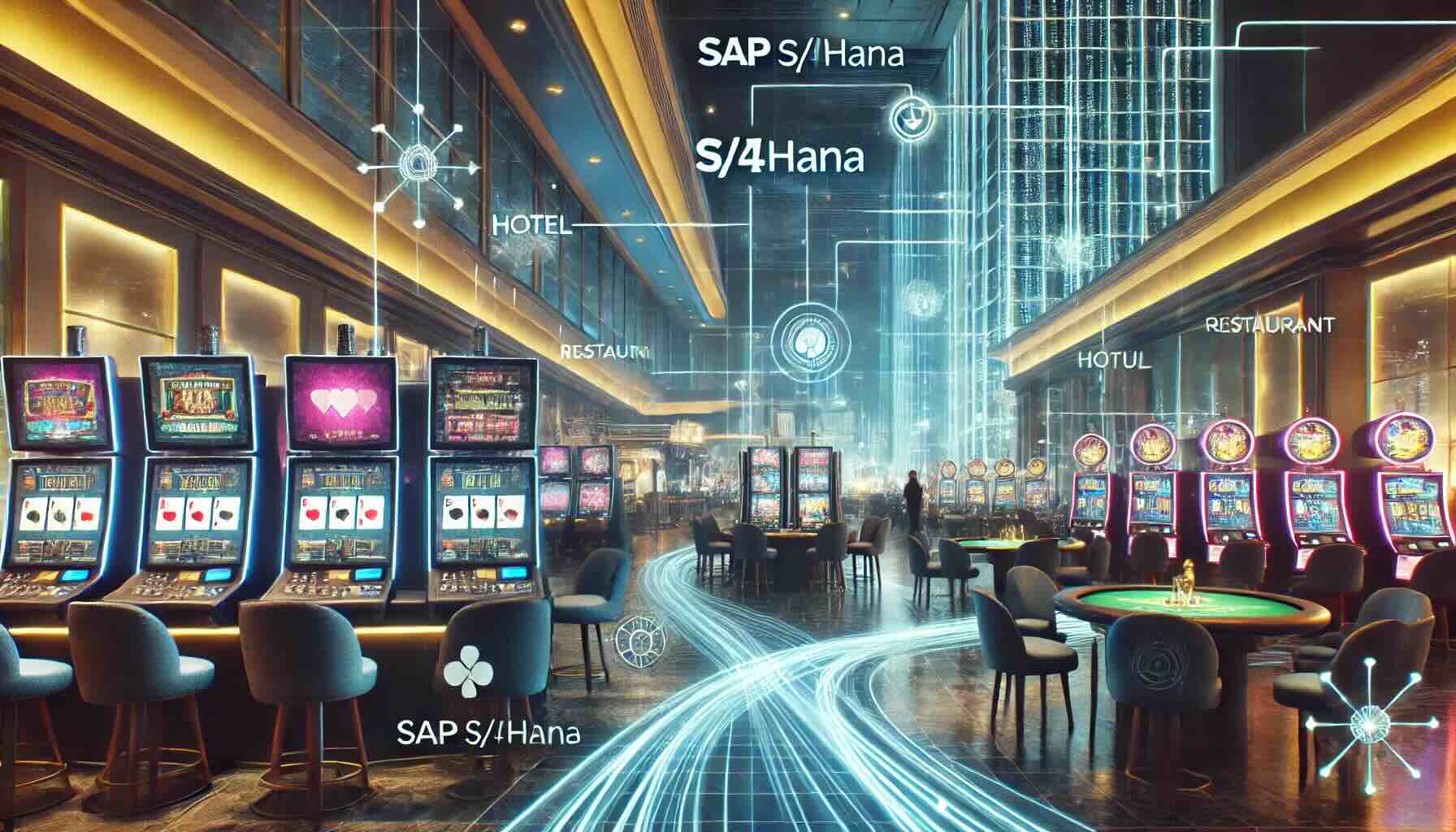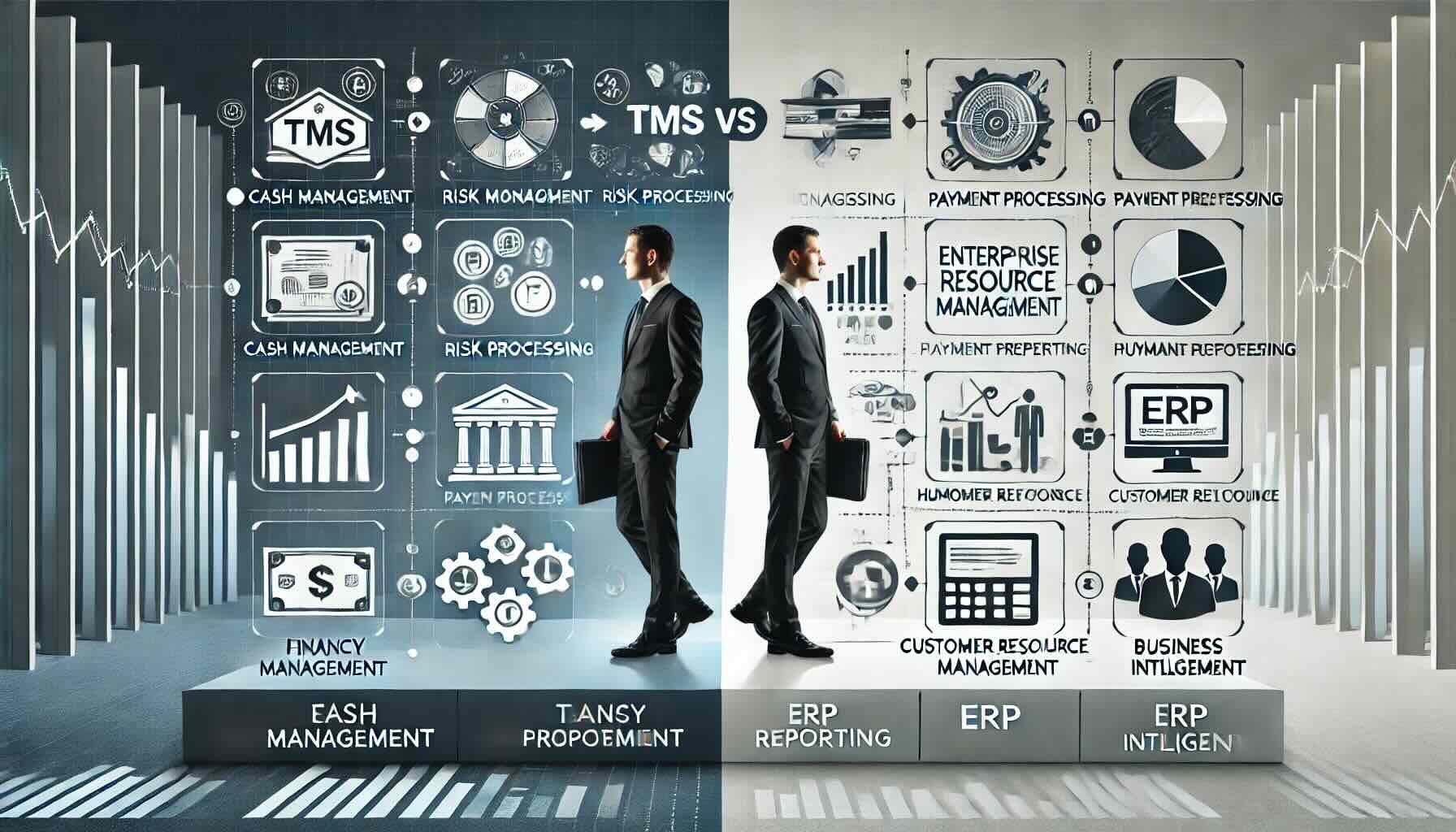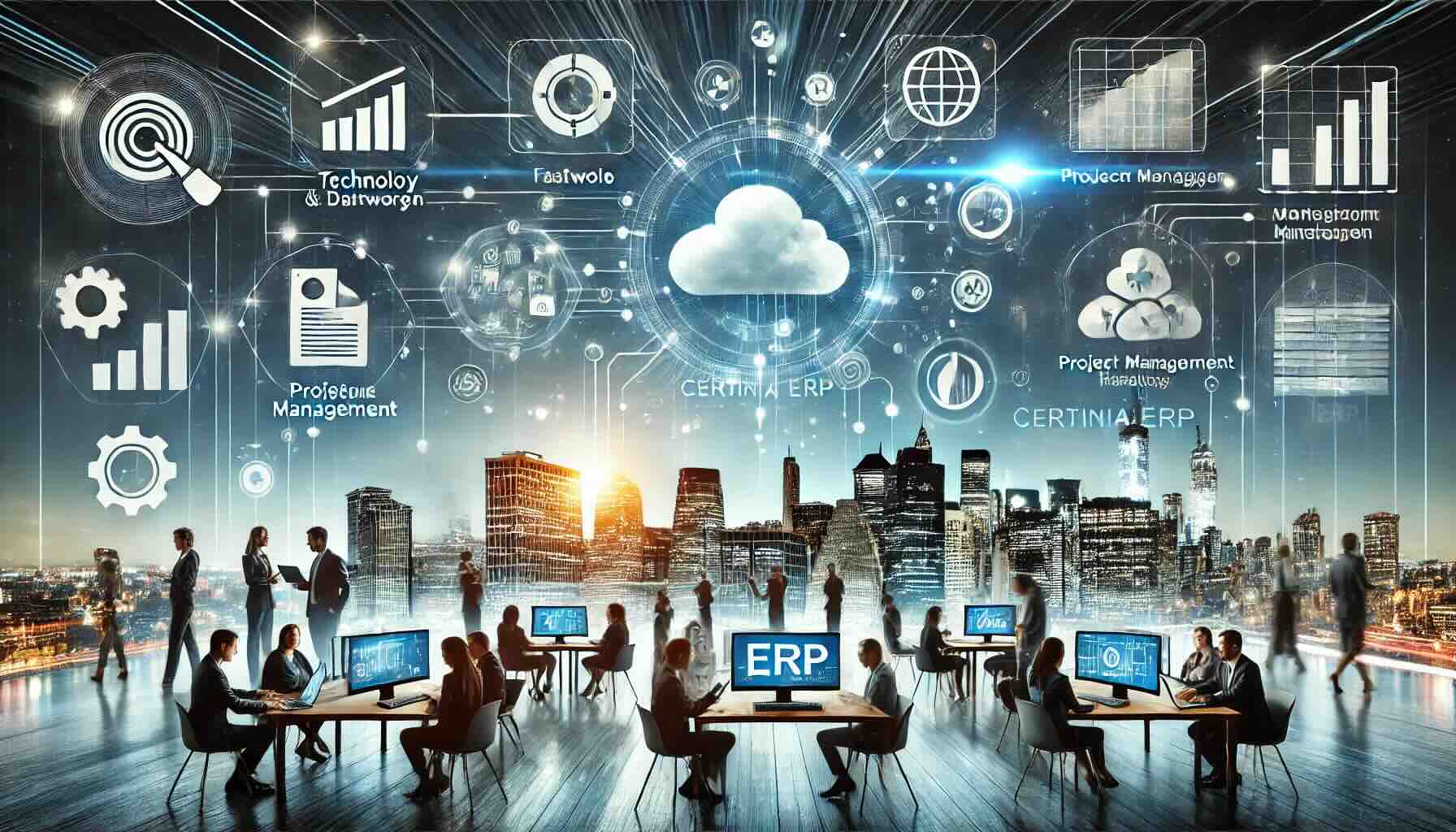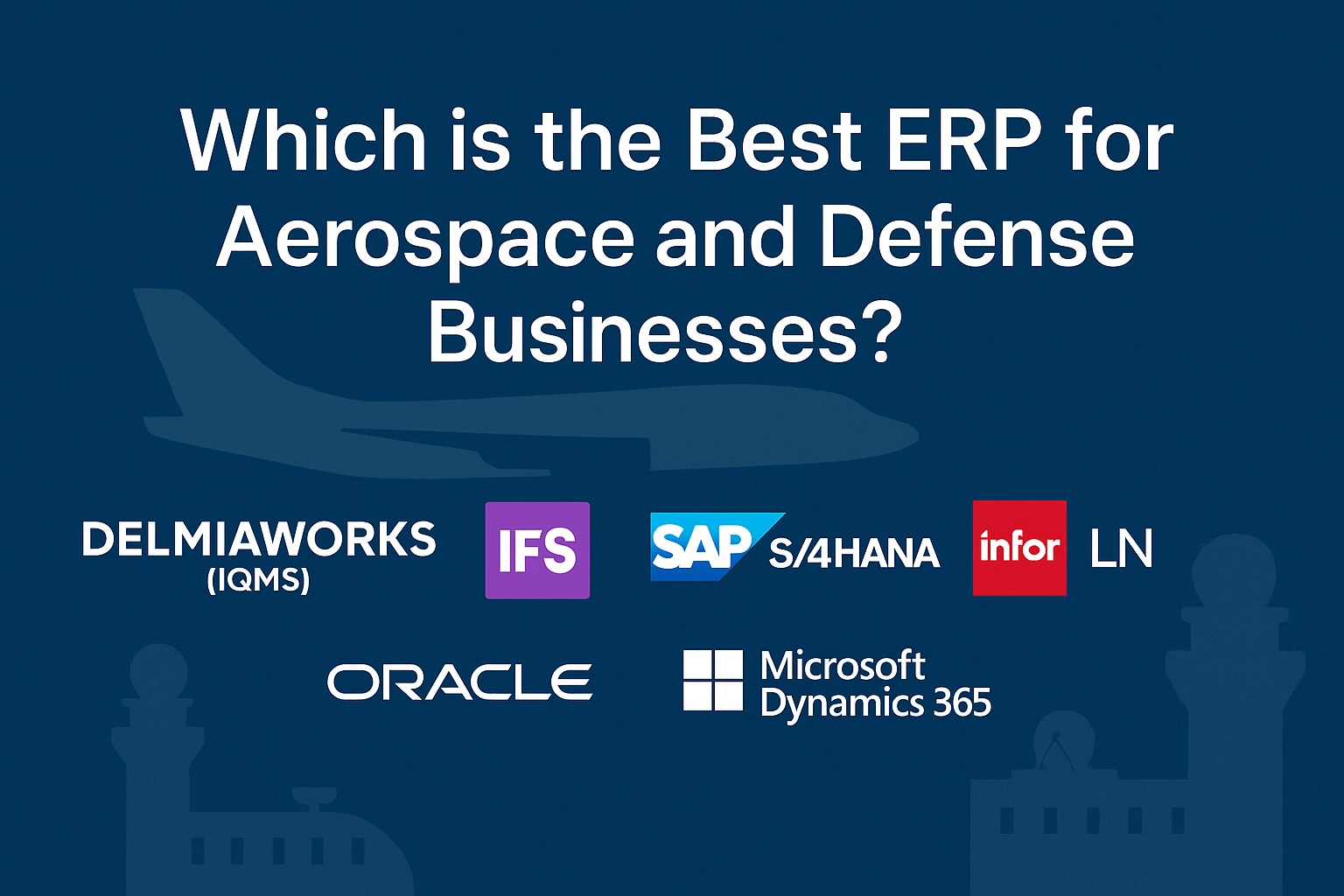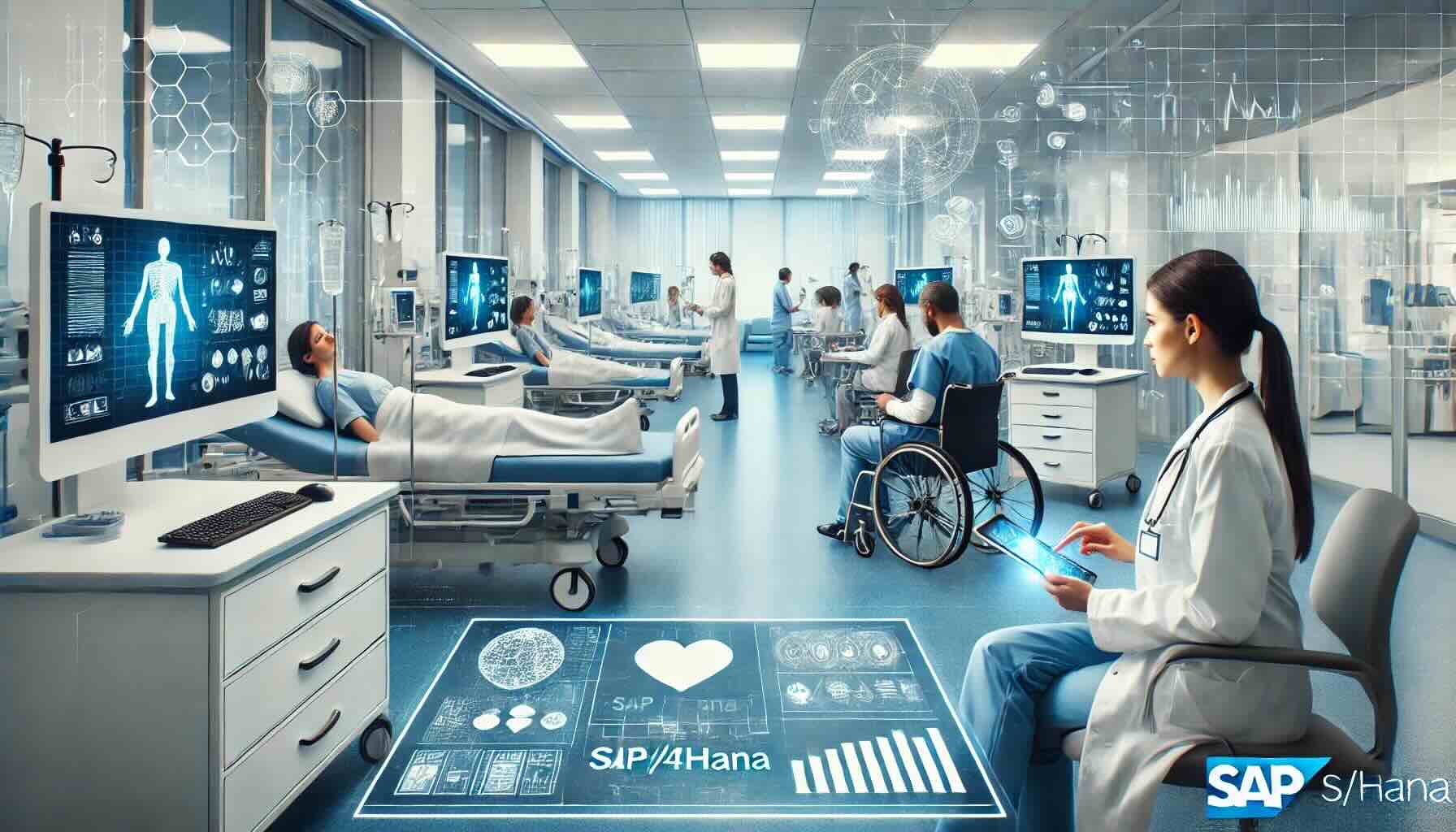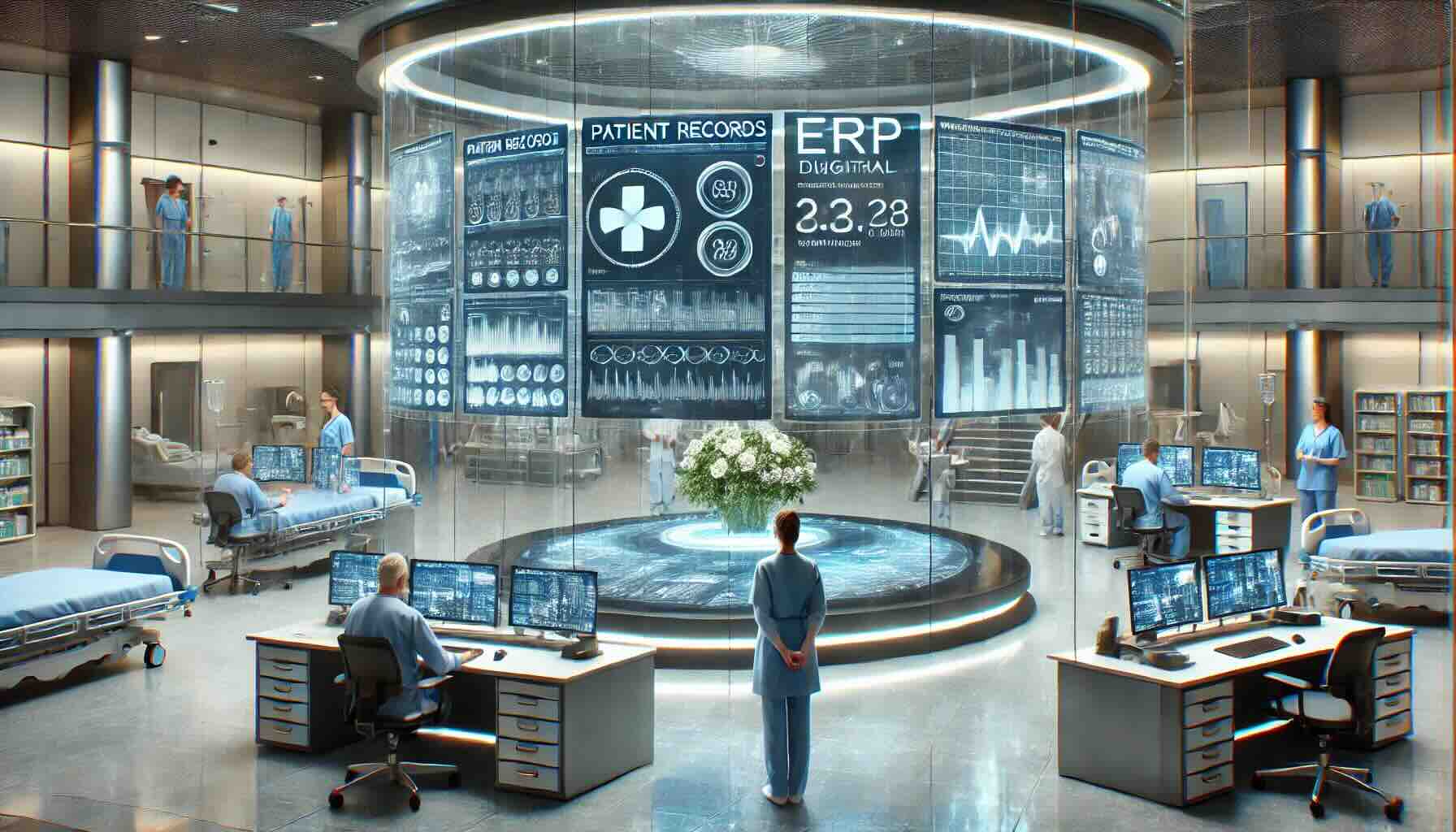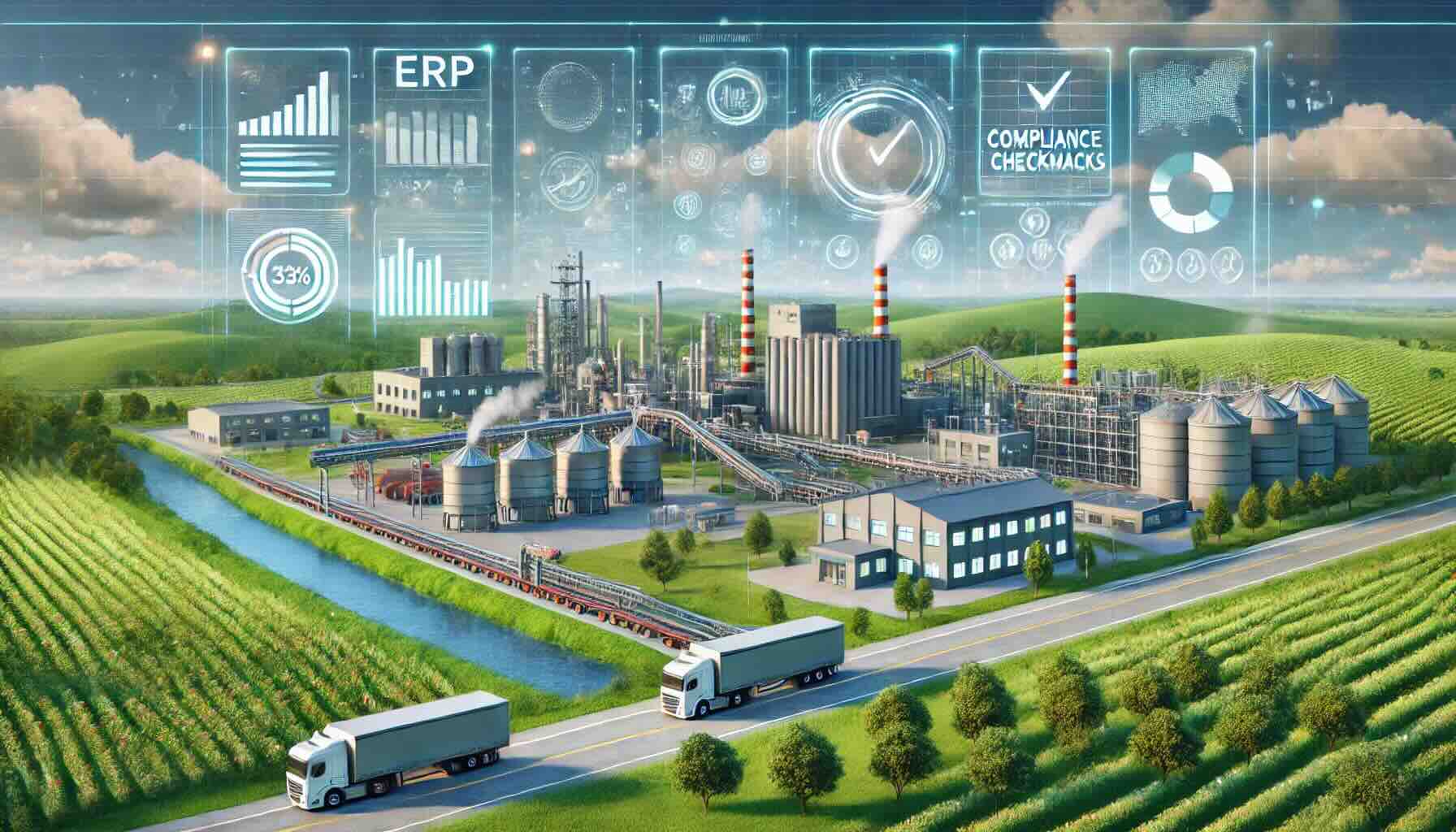Is Plex a Good ERP for Plastics and Rubber Industry?
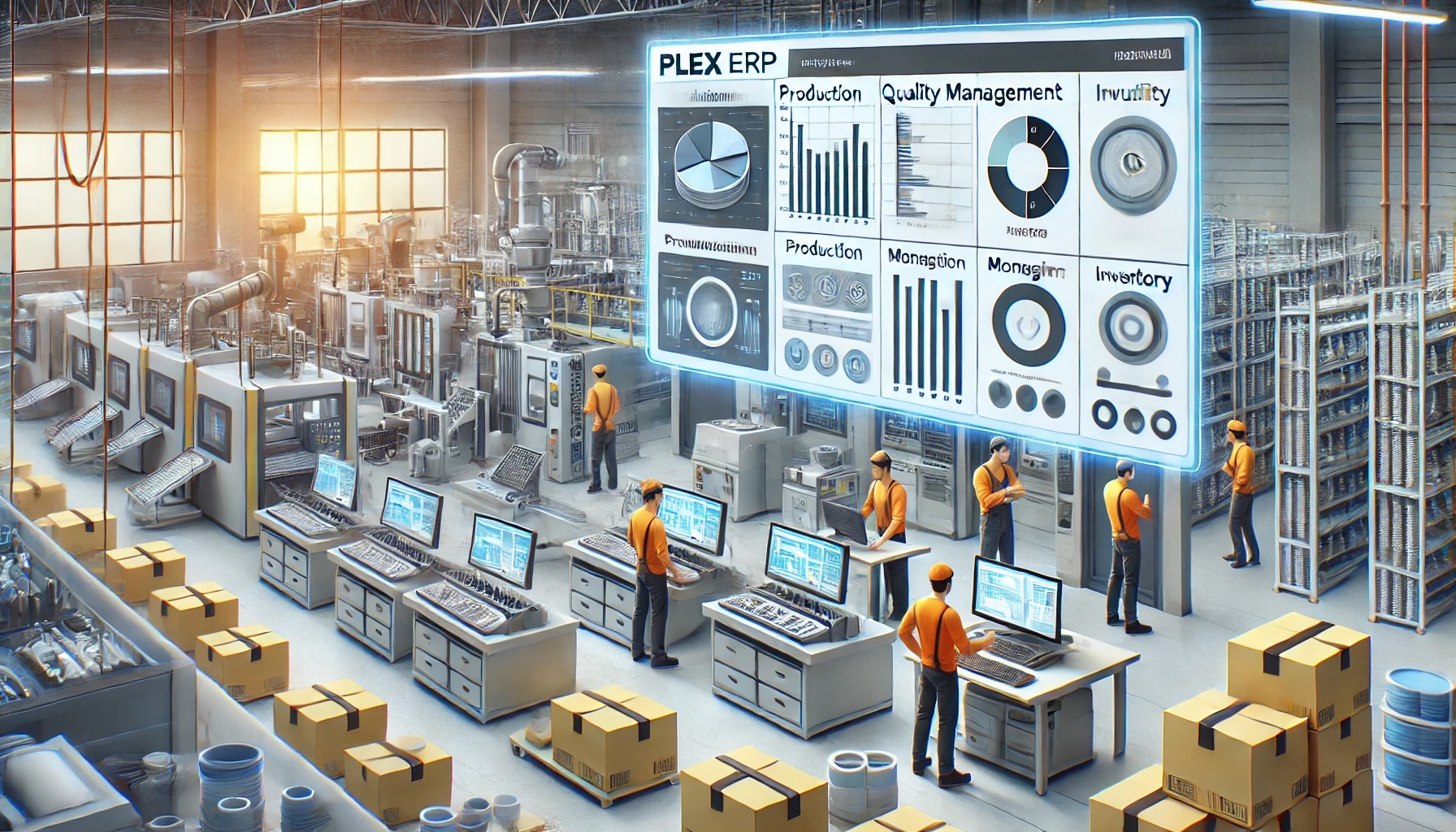
In the highly specialized and competitive plastics and rubber industry, efficient resource management, precise production tracking, and stringent quality control are critical to success. Enterprise Resource Planning (ERP) systems play a vital role in streamlining these processes, ensuring that businesses can operate efficiently and effectively. One such ERP solution is Plex. But is Plex a good ERP for the plastics and rubber industry? This blog will explore the strengths and weaknesses of Plex ERP, helping you determine if it is the right fit for your business.
Strengths of Plex for Plastics and Rubber
- Industry-Specific Functionality Plex ERP is designed with a strong focus on manufacturing industries, including plastics and rubber. It offers specialized modules that address the unique needs of this sector, such as material requirements planning (MRP), production scheduling, and quality management. This industry-specific functionality ensures that Plex can handle the complexities of plastics and rubber manufacturing.
- Real-Time Production Monitoring One of the standout features of Plex is its real-time production monitoring capabilities. The system provides real-time visibility into production processes, enabling manufacturers to track progress, identify bottlenecks, and make adjustments on the fly. This real-time insight helps in maintaining production efficiency and meeting tight deadlines.
- Comprehensive Quality Management Quality control is paramount in the plastics and rubber industry, where even minor defects can lead to significant issues. Plex ERP includes robust quality management tools that allow for detailed tracking and documentation of quality checks throughout the production process. This ensures that all products meet the required standards and specifications.
- Cloud-Based Platform Plex operates entirely in the cloud, offering several advantages to plastics and rubber manufacturers. The cloud-based nature of Plex ensures that the system is always up-to-date with the latest features and security updates. Additionally, it allows for easy scalability, so manufacturers can adjust their usage based on current needs without significant investment in new hardware.
- Integration Capabilities Plex ERP provides strong integration capabilities with other software systems commonly used in the plastics and rubber industry. This includes integration with CAD/CAM systems, financial software, and customer relationship management (CRM) tools. Seamless integration ensures a unified workflow and enhances overall operational efficiency.
Weaknesses of Plex for Plastics and Rubber
- Cost One of the primary drawbacks of Plex ERP is its cost. The initial setup, licensing fees, and ongoing maintenance can be significant. While the cloud-based nature reduces some hardware costs, the subscription fees may still be prohibitive for smaller businesses with limited budgets.
- Complex Implementation Implementing Plex ERP can be complex and time-consuming, particularly for large manufacturers with extensive operations. The transition to a new ERP system requires careful planning, significant resources, and potentially, the assistance of external consultants. This can be a daunting task for companies with limited IT expertise.
- Customization Limitations While Plex offers a range of industry-specific features, customization options can be limited. Manufacturers with unique processes or specific requirements may find it challenging to tailor the system to their exact needs, potentially leading to additional costs and time spent on workarounds or third-party integrations.
- User Training Due to its comprehensive features and capabilities, Plex ERP has a steep learning curve. Extensive user training is necessary to ensure that employees can utilize the system effectively. This training can be time-consuming and may require additional resources, which can be challenging for smaller businesses.
- Support and Updates Some users have reported that Plex’s customer support can be slow to respond to issues. Additionally, while the system is regularly updated, these updates can sometimes cause disruptions or require additional adjustments, impacting day-to-day operations.
Conclusion
Plex ERP offers a range of powerful tools that can significantly benefit the plastics and rubber industry, including industry-specific functionality, real-time production monitoring, comprehensive quality management, a cloud-based platform, and strong integration capabilities. These strengths make it an attractive option for manufacturers looking to streamline their operations and enhance efficiency.
However, the high cost, complex implementation, customization limitations, user training requirements, and potential support issues are significant considerations. Manufacturers must weigh these factors carefully against their specific needs and resources.
Ultimately, whether Plex ERP is the right choice for a plastics and rubber business depends on its size, budget, and operational requirements. By thoroughly evaluating these aspects and considering potential challenges, manufacturers can make an informed decision that aligns with their strategic goals and enhances their operational efficiency.
Click this link to find out more about Plex for the rubber and plastics industry.
To compare Plex with 100s of other ERP solutions, you can use our new AI-powered Compare ERP tool. It’s free to use and you get a guaranteed discount on your first year’s licence fees with a referral from Compare ERP.
